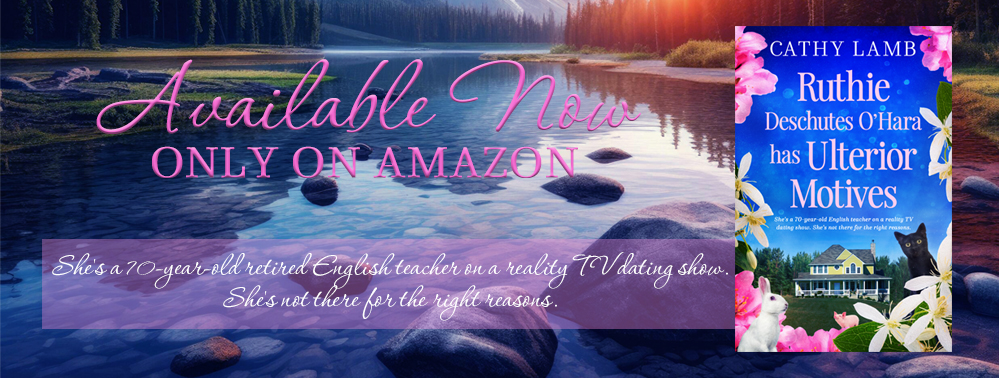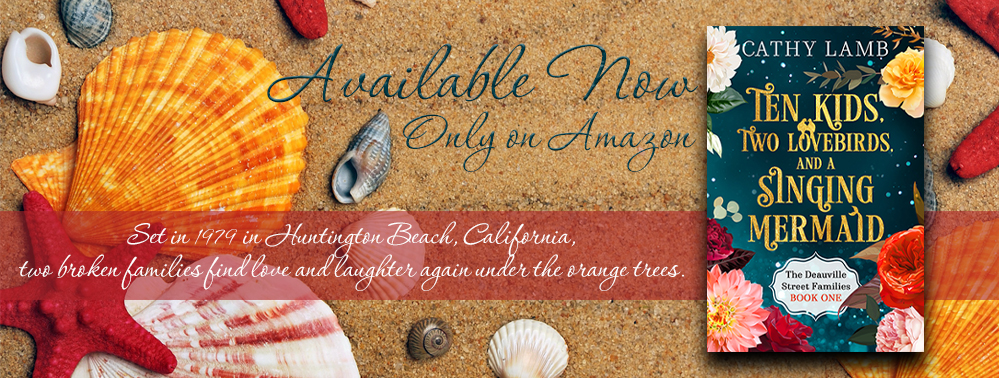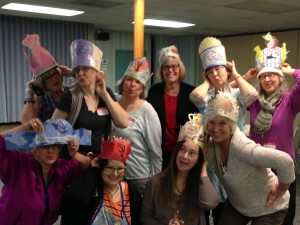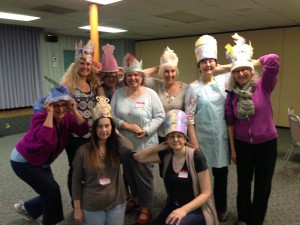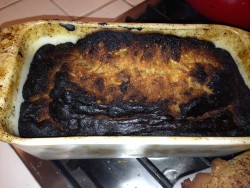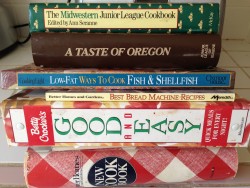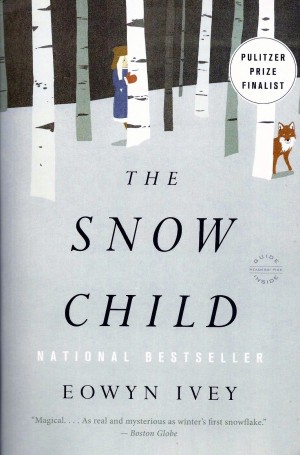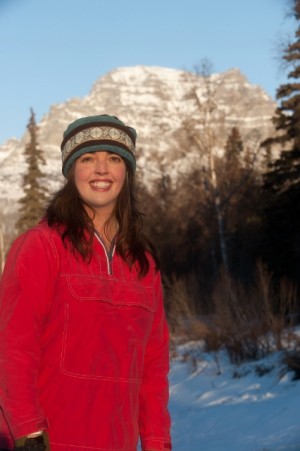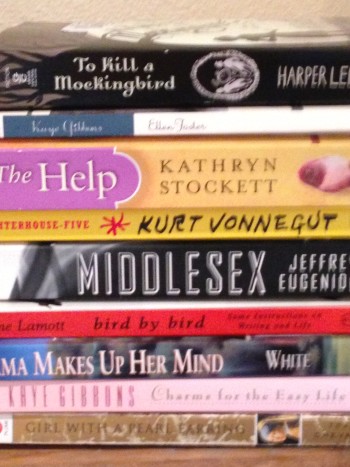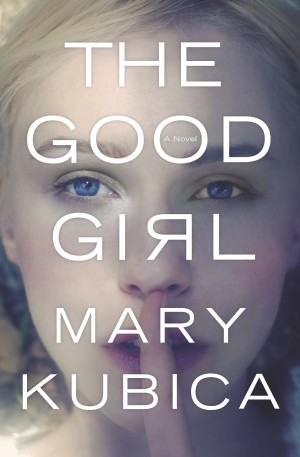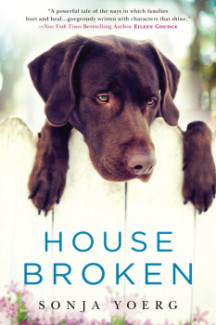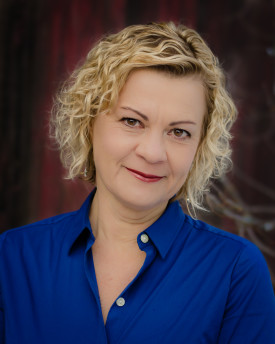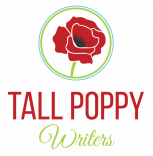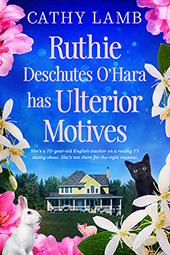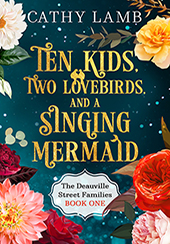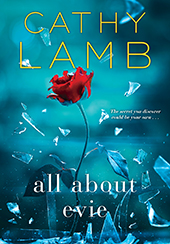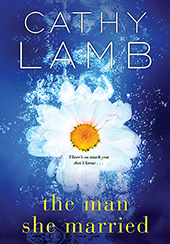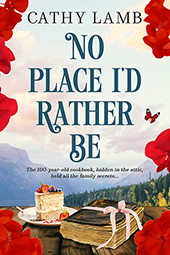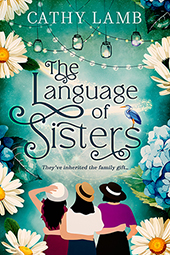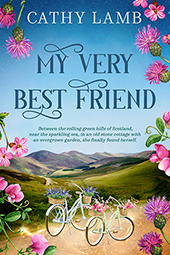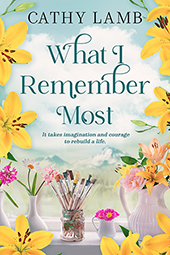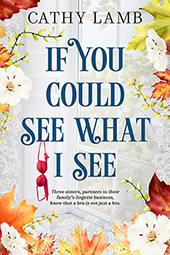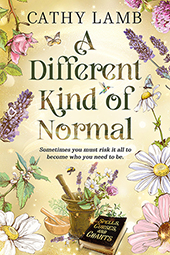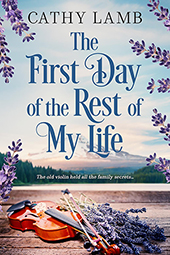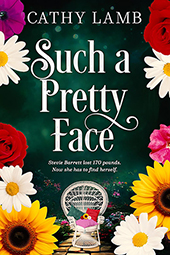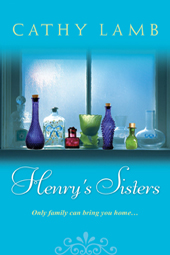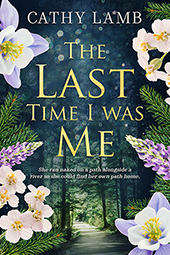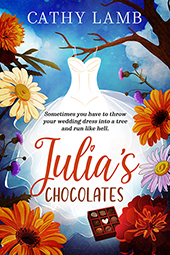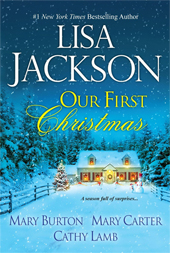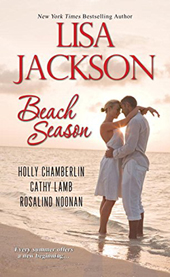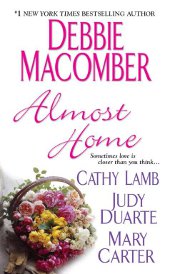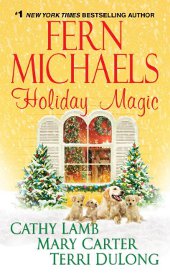Hello, everyone. Today I am interviewing Ann Garvin, writer of The Dog Year. I read it, loved it. The main character is sincere, troubled, incredibly smart, funnier than heck, making poor choices, introspective, and stealing things. She is also quite talented at telling people off. Lucy re-builds her entire life after it shatters apart. This book is especially appealing to those women who have experienced the same sort of collapse…and haven’t we all, at one point or another?
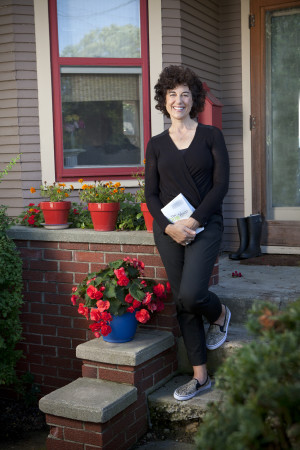 Cathy Lamb: Ann, tell us about yourself before we jump into The Dog Year.
Cathy Lamb: Ann, tell us about yourself before we jump into The Dog Year.
I’m a single mother with two teen girls who are more adorable than irritating (which I think is how they also feel about me). I have two poodle-mix dogs, lots of people in my life who are patient and funny, and a job outside of writing, that I love. I teach at the University of Wisconsin – Whitewater teaching all content that health educators and promoters need to do their jobs. I’m an exercise physiologist/psychologist who tells a lot of stories to get my jobs done.
I also teach creative writing in the Southern New Hampshire University Low Residency MFA, which is the best job in the universe.
I live in a 100 year old Victorian home that feels like a loyal friend. Big windows, cracked plaster, wood floors, and handymen in and out. It makes for a great place to write about characters.
All of your jobs make me tired. Hold on. I will eat some chocolate FOR you, as we are such good pals.
While I’m eating, tell us all about The Dog Year. What’s it about, what inspired you?
The Dog Year was released this past June (2014) and it’s the story of a woman, her dog, and two secrets that both make her and break her. After Lucy loses everything dear to her, she is caught red-handed in a senseless act that kept her grief at bay. Now, Lucy must share her deepest secrets with a group of misfits, each with secrets and something to offer. Think Juno meets Must Love Dogs, for funny and sad characters, who work hard to get it right.
I wrote it to promote understanding and empathy. I saw a woman shoplift. She was not a young kid, was well dressed, and looked like anyone who might be my friend. I got to thinking what would drive a woman to shoplift and how could I come to know and understand that person, so I invented Lucy Peterman in The Dog Year.
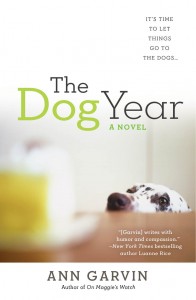 I loved when I first met Dr. Lucy Peterman, a gifted surgeon. She reprimanded a smug, sanctimonious medical resident. “Here’s a news flash, pal: Reconstructing a woman’s breast after surgery for cancer takes a little sensitivity. We’re not doing celebrity makeovers here. It’s not about swimsuit fittings or new breasts as high school graduation gifts. These women have cancer. Cancer in a very intimate place. A place that helped them to feel beautiful for the proms, sexy on their honeymoons, and more than a little ready for infants…Tomorrow you can quit with the fashion show. Women in this clinic just want good medicine, not medicine doled out by someone so concerned with his appearance that he can’t even walk into a cancer unit without using an entire tube of hair gel.”
I loved when I first met Dr. Lucy Peterman, a gifted surgeon. She reprimanded a smug, sanctimonious medical resident. “Here’s a news flash, pal: Reconstructing a woman’s breast after surgery for cancer takes a little sensitivity. We’re not doing celebrity makeovers here. It’s not about swimsuit fittings or new breasts as high school graduation gifts. These women have cancer. Cancer in a very intimate place. A place that helped them to feel beautiful for the proms, sexy on their honeymoons, and more than a little ready for infants…Tomorrow you can quit with the fashion show. Women in this clinic just want good medicine, not medicine doled out by someone so concerned with his appearance that he can’t even walk into a cancer unit without using an entire tube of hair gel.”
Whoa. What was, or who was, the spark that created Dr. Lucy?
It’s quite possible that that paragraph you quote from the book is a whole lot of my own righteous indignation at the insensitivities that happens in hospitals, especially with regards to the marginalization of women. I was a Registered Nurse for long enough to have seen quite a lot of what is the best and the worst in hospitals. I often felt angry about the way that people were treated by some (not all) medical professionals. I guess I got to say some of what I would have liked to say to them in The Dog Year
Dr. Lucy Peterman is a gifted surgeon, but she is a kleptomaniac. What a combo. Here’s an excerpt for our readers of everything that Dr. Lucy stole: Scattered across the room were teetering piles of white and blue – green hospital supplies. Bloated IV bags and neatly sealed packages holding items made of plastic or stainless steel syringes, tweezers, scissors, and sterile sutures. As she says, “An unorganized collection, but a big one: all good soldiers awaiting orders.”
Tell us more about the kleptomaniac element.
I spent some time thinking about Lucy Peterman; a woman who always followed the rules from kindergarten to med school. She had nothing handed to her and always felt if you worked hard your life could be a happy one. She was lucky, in a sense, that she made it to her thirties before she had to confront the folly of that thinking. So, I thought, what would a rule follower do when she realized that life doesn’t follow the rules? I thought she would break some really big rules and, like a brat, she acted out. Like someone filled with grief, she tried to fill that grief with something, and that was stealing.
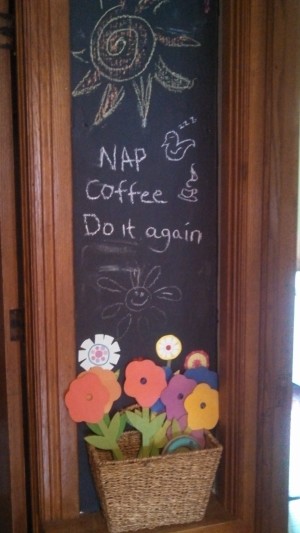 There are a lot of heavy elements in this book: Lucy loses her husband and unborn baby in a car accident, she’s stealing, Clare dies of cancer. And yet, there’s insight and humor, too. Was it hard to balance this as a writer?
There are a lot of heavy elements in this book: Lucy loses her husband and unborn baby in a car accident, she’s stealing, Clare dies of cancer. And yet, there’s insight and humor, too. Was it hard to balance this as a writer?
So, here’s a central truth about Ann Garvin. I am uncomfortable with pain. I don’t like my friends feeling pain and I don’t like it myself. I’m only okay with just enough, and I always make a joke before things get too serious. Sometimes I wonder if it is a flaw in my own ability to feel fully. As a nurse, you see so much suffering, it helps to have a sense of humor and that helped me to not get too down when a favorite patient took a turn for the worse or something undignified happened in the unit. Funny and sad and funny again.
The love of a dog helps to change Lucy’s life. Without the dog, how do you think her life, at that time period, would have turned out? What did the dog offer her?
I think she would have found her way, but it would have taken a lot longer. Lucy needed someone to care for besides herself and to be reminded that the world exists outside of her grief. The dogs helped her see that there is joy watching dogs interact with the world, and that means there is joy in the world.
Be Lucy for a minute for us. How do you picture Lucy’s life in the future, both professionally and personally?
I think she’s going to be challenged again and again with the unruliness of children and will also feel challenged by the unfairness of the world. Watching your child navigate the world is both wonderful and painful. Lucy is going to be a force for schools and parents to reckon with. She’s going to be a better physician than ever, and she is going to love Mark like she loved Richard and he deserves it.
The doctor has hit rock bottom when the story opens and yet we watch her yank herself out. I thought it was a realistic portrayal of a woman who won’t quit. She may be down, but she’s not out. When you were writing this book, what was the theme (s) that you were working with in your own head?
I’m so interested in the endurance of life, what it takes to soldier on in the face of adversity. I am floored by how people carry on and often in the most creative of ways. I also am fascinated with how we judge others lives without truly understanding. If we met Lucy at a Christmas party and then learned she shoplifted, I think we might feel smug or judge her. I like to think that if we truly understand people we can care for them instead of putting them in a box. That can only help the universe.
 What do you think of this changing book publishing environment? What are the challenges in the future for writers? (Hear me scream!)
What do you think of this changing book publishing environment? What are the challenges in the future for writers? (Hear me scream!)
It’s the best of times and the worst of times for writers. There are so many things that pull the attention of readers and so much to read. I think publishing is a rugged landscape and hasn’t found the place where it will settle yet. I’m fascinated by the changes and just hope to change enough with it so that I can continue to write.
Now that the champagne has been guzzled, or put away, what are your goals for 2015?
I want to sell my next fiction book and keep working on my Health book and another fiction book. So, lots and lots of writing. Also, I’m working on getting Tall Poppies on the literary map.
As you are the founder and fearless leader of Tall Poppies, a writers’ group I’m happy to be a part of, tell us about it.
We are a group of writers devoted to helping each other find readers. We are not the first writing co-op, there are many, many others, but we are enthusiastic, gentle, hard working women who find community is a really nice thing to have. We are aligned with helping each other and in the future helping girls in third word countries through charitable giving. The idea of the group is to move forward and reach back. To introduce readers to our group so all of our voices can continue to be heard.
You are quite splendid at marketing and publicity. Tell all the writers out there which social media devices you think are most worthwhile in terms of marketing books. Facebook? Newsletters? Twittter?
Am I good at it? I feel scattered most of the time and could probably do with some major organization, but you named my top three for social media purposes. I know there are others, and you cannot beat big glossy media, but you can’t always get into those pages. I’m not sure there is a best social media way, but I know this. It’s a slow growth business that requires persistence, patience and change. My motto in life has always been Slow and Steady Wins the Race. I don’t know if I’m winning yet but I sure am slow and steady.
Visit with Ann… www.anngarvin.net
Youtube: http://www.youtube.com/watch?v=XjvNa0-ETns
Twitter:anngarvin_ https://twitter.com/AnnGarvin_
Facebook:https://www.facebook.com/AnnWertzGarvin
Pinterest The Dog Yearhttp://www.pinterest.com/garvinann/the-dog-year-may-2014-berkley-penguin-anngarvinnet/
Bio: Ann Garvin is an Easterner who lives in the Midwest and a fiction writer who makes a living as a scientist and educator. While working as a nurse she completed her PhD from the University of Wisconsin-Madison, in exercise psychology publishing extensively in the area of exercise, mental health and media and later became a prize winning short story writer.
Decades of teaching health and studying what makes people tick proved a perfect backdrop for her novels ON MAGGIE’S WATCH & THE DOG YEAR (June 2014/Berkley Penguin). Her teaching position as an adjunct in the Masters of Fine Arts position at Southern New Hampshire University allows her to marry her love of people, story and writing and help others do the same.
She is a featured writer for www.Unreasonable.is where she writes for entrepreneurs, health, and how to save the world. Ann is devoted to helping people find health, tell their stories and fund raise for wwwgirleffect.org and animal rescues.
Ann, a natural storyteller, is a sought after speaker and educator at conferences where writing, health and human nature is discussed.

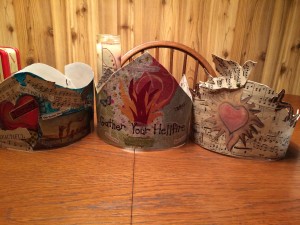 The warden of the women’s jail had a sister who was a customer of momma’s, and she raved about momma’s Marie Elise’s Excellent Cuts and Cuticles. The warden asked Momma to cut the hair of the inmates and do their nails. You had to earn the haircuts and the manicures, though.
The warden of the women’s jail had a sister who was a customer of momma’s, and she raved about momma’s Marie Elise’s Excellent Cuts and Cuticles. The warden asked Momma to cut the hair of the inmates and do their nails. You had to earn the haircuts and the manicures, though. 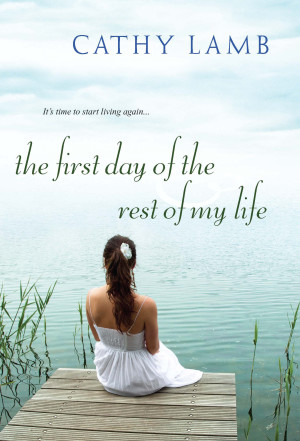 She led hair-do and make-up classes at the jail, which she called, “Being A Lady,” classes. It was a, “How to look like a respectable lady and attract respectable people to you, not bad people, not slutty people, not criminals, but respectable people, because you ladies, are respectable!”
She led hair-do and make-up classes at the jail, which she called, “Being A Lady,” classes. It was a, “How to look like a respectable lady and attract respectable people to you, not bad people, not slutty people, not criminals, but respectable people, because you ladies, are respectable!”
